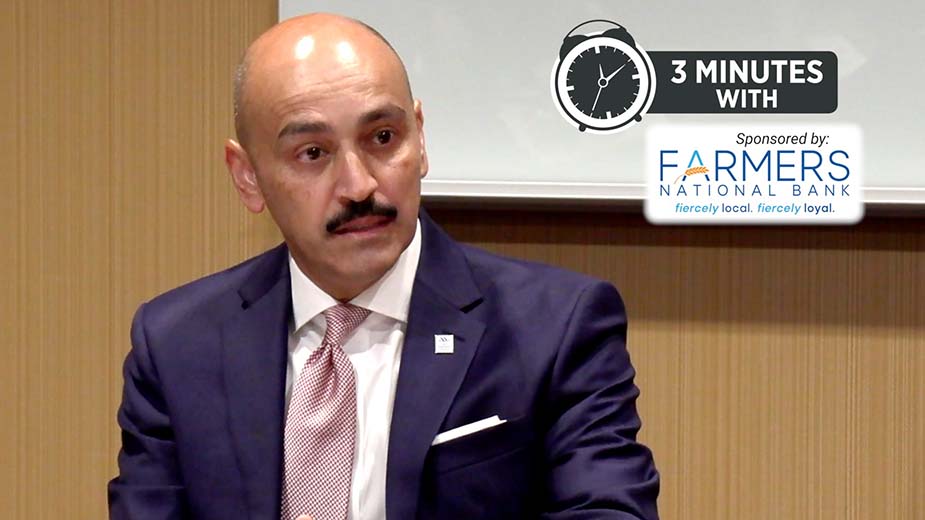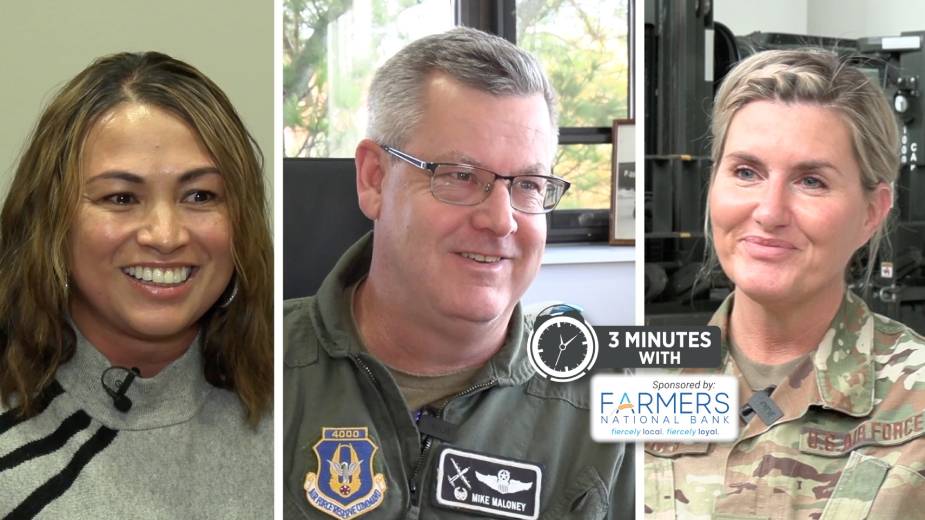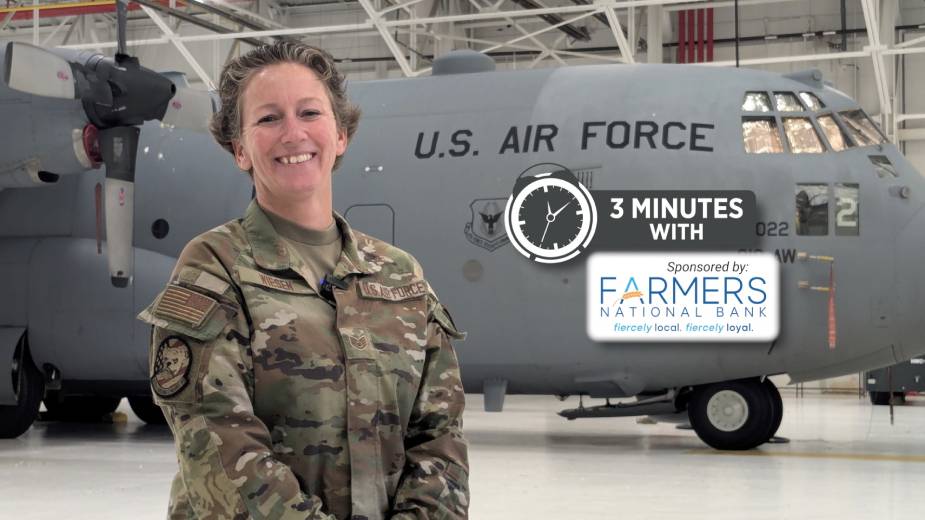NFL Awards Grants to Advance Helmets Research
NEW YORK – The NFL has awarded four HeadHealthTech grants totaling $1.37 million as part of its Helmet Challenge initiative.
Launched in Youngstown in November, the Helmet Challenge is the professional football league’s effort to encourage the creation of safer helmets through the use of advanced technologies and additive manufacturing.
Participating teams – there have been six previous rounds of funding, as well as teams that have not been awarded grants – must submit their ideas to the NFL by June 14, 2021. A month later, they must submit physical prototypes.
By bringing together experts from multiple disciplines, the NFL Helmet Challenge aims to encourage revolutionary advances in helmet design,” said Jeff Miller, NFL vice president of communications, public affairs and policy, who oversees the NFL’s health and safety work. “The awardees demonstrated the potential to do just that. We’re very excited to support their efforts and test their prototypes next year. This is one more sign of the recent transformation in the protective equipment space – more in the last couple of years than over the previous decade – and we are committed to keeping this momentum going.”
Receiving funding in this round of HeadHealthTech grants are:
- Christopher Yakacki of Impressio Inc. and University of Colorado Denver, $491,999.
- Xenith, Rheon, BASF and University of Waterloo, $412,000.
- Eric Wagnac and Franck LeNaveaux of Kollide consortium, $238,545.
- Matthew Panzer of the University of Virginia, working with Nama Development and Topologica, $223,047.
At Impressio and the University of Colorado Denver, Yakacki is developing energy-dissipating helmet liners made with lattice designs and liquid crystalline elastomers to help reduce concussions. The project is supported by helmet maker Schutt, as well as 3D printing material company EOS and software company nTopology.
To develop Project Orbit, Xenith is leading a team of industry experts in injury biomechanics, additive manufacturing, material science and computer modeling to create a new methods of energy management and better on-field use for athletes.
Wagnac and LeNaveaux are the fleecers of Kollide, a group of academic researched and four Montreal-based companies – Kupol, Tactix, ShapeShift3D and Numalogics – working to use virtual designs and nonplanar 3D printing to create customized helmets and liners to redirect impacts.
And Panzer is working with collaborators to develop cubic and octet foam materials that would install a new energy-absorbing layer into the lining of helmets.
“The extraordinarily high level of engagement and breadth of innovative work happening right now in the protective equipment space is exciting to see,” said Barry Myers, director of innovation at Duke University’s Clinical and Translational Science Institute and chairman of the NFL’s committee that selected the grant winners. “The four winners awarded today all demonstrated the ability to develop a winning helmet, but there is definitely more to come from many of the other teams and start-ups we saw submit proposals and we look forward to opportunities to support these entrepreneurs in the future.”
Pictured: Helmet maker Xenith was among the four recipients of grants from the NFL as part of the league’s HeadHealthTech initiative.
Published by The Business Journal, Youngstown, Ohio.


